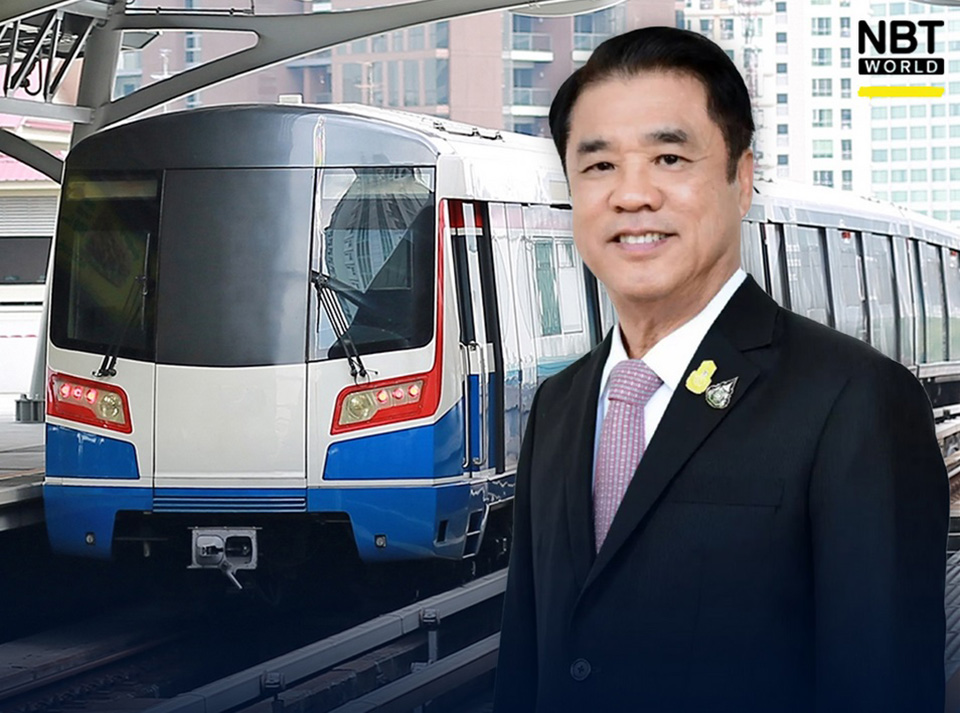
BANGKOK, Thailand – Suriya Juangroongruangkit, Deputy Prime Minister and Minister of Transport, confirmed the government’s commitment to its 20-baht flat fare policy for all color-coded metro lines by September 2025.
Currently, the policy is applied to two routes, which are the Purple Line linking Tao Poon –Khlong Bang Phai and the Red Line, particularly the portions connecting Bang Sue and Rangsit as well as Bang Sue to Taling Chan, which have received positive feedback from the public. The Minister assured that this policy would be expanded to all metro lines and routes, as previously announced.
The Ministry of Transport plans to propose extending the 20-baht flat fare policy, which is set to expire on November 30th, to the Cabinet. Additionally, the ministry is drafting the Joint Ticketing System Management Act, which is currently being reviewed by the Council of State before being submitted to the House of Representatives during one of the December parliamentary sessions. Once the law is enacted, a Joint Ticketing System Promotion Fund will be established to finance the policy, including revenue sharing for the Blue Line, support from the Energy Conservation Fund, and budget allocations.
The Ministry of Transport and the Ministry of Finance are also collaborating on a study to implement the flat fare policy through the creation of an infrastructure fund to buy back metro concessions. This initiative aims to raise approximately 200 billion baht from investors over a 30-year period to reacquire all metro line concessions, allowing the government to regulate more affordable and fair fares for the public.
Additionally, a congestion charge is being considered for roads in Bangkok, particularly along major routes such as Sukhumvit Road, Silom Road, and Ratchadaphisek Road. The revenue from this fee would be added to the infrastructure fund and could potentially serve as a return on investment for fund contributors. This model has been successfully implemented in countries like the United Kingdom, noted the minister. (NNT)








